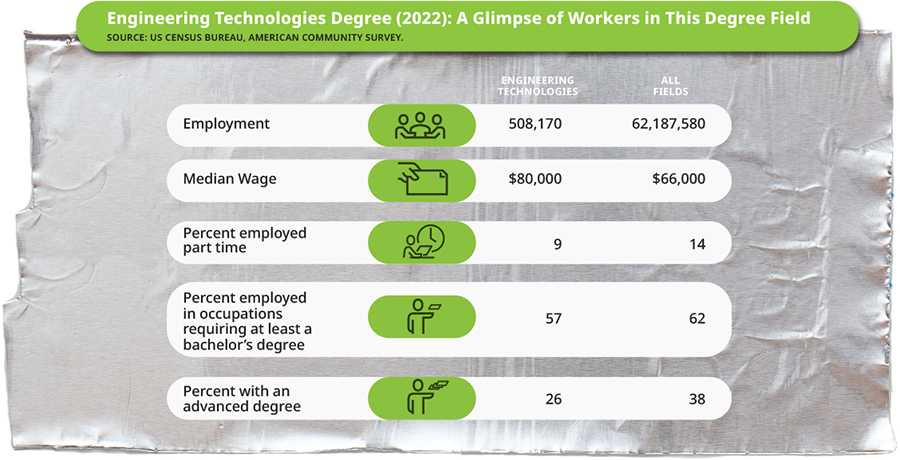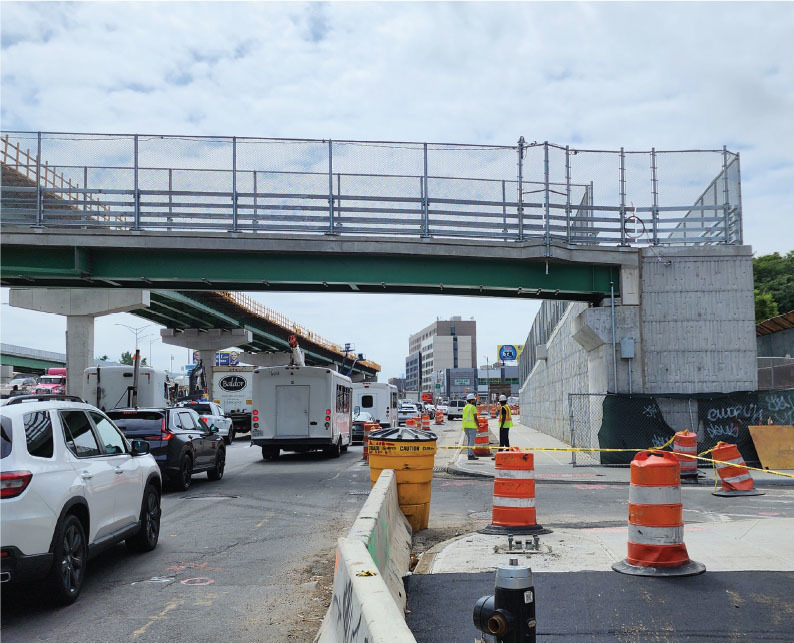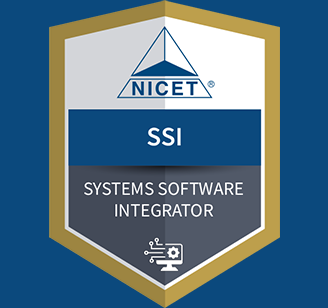January/February 2019
PE Report
Idaho Society Wary of ‘Licensing Freedom’
To ensure the PE’s continued role in protecting the public, the Idaho Society of Professional Engineers is keeping a watchful eye on the plans of state officials to review all state licensing requirements.
Under the direction of the lieutenant governor, all state agencies that provide licenses were required to submit reports by July with the following information: the timeframe in which a license is granted or denied; prerequisites for a license; renewal requirements; requirements for accepting and denying licensure and renewals; qualifications for suspensions and disciplinary actions; and costs associated with licensing.
The reports were required by a May 2017 executive order from Lieutenant Governor Brad Little, who will be sworn in as governor on January 9. In a statement on the executive order, known as the “Licensing Freedom Act,” Little said, “I don’t see this as a knock on government but rather as an opportunity for government to work with citizens, to roll back unneeded regulation and make our processes more user-friendly.”
ISPE President Joe Canning, P.E., has expressed concern, however, about the executive order’s use of the term “barriers” and its description of professional licensure. In the case of professional engineering, he says, these “barriers” protect the public from dangerous and life-threatening practice by unqualified individuals. “We all must be diligent in watching this ‘licensing freedom’ process,” he says. “The Idaho Society of Professional Engineers will be keeping tabs on the process and work to be sure that the public’s protection is not compromised.”
After review of the reports submitted by the state agencies, the lieutenant governor released a report in October that tallied 47 state boards and commissions and 440 types of licenses. The report made the following recommendations:
- Establish a sunrise review process for existing licensees and to evaluate new proposed licenses;
- Create an internal process for boards to regularly review policies, rules, and statutes;
- Improve political oversight of occupational licensure;
- Increase license mobility and portability;
- Reduce licensing renewal and reinstatement burdens;
- Standardize efforts to reduce burdens on veterans and military spouses; and
- Standardize the process for reviewing felony convictions and improve disciplinary processes for businesses and individuals.
Little’s review of licensing comes on the heels of an Idaho law enacted in response to the 2015 US Supreme Court ruling in North Carolina v. Federal Trade Commission—a decision NSPE said will have the unintended consequence of discouraging highly competent PEs from serving on state engineering licensure boards. The Idaho law gave the governor the authority to appoint board members and amended laws for three boards that required their executive directors to be licensees. This affected the Board of Professional Engineers and Professional Land Surveyors and the nursing and pharmacy boards.


 Volunteering at NSPE is a great opportunity to grow your professional network and connect with other leaders in the field.
Volunteering at NSPE is a great opportunity to grow your professional network and connect with other leaders in the field. The National Society of Professional Engineers (NSPE) encourages you to explore the resources to cast your vote on election day:
The National Society of Professional Engineers (NSPE) encourages you to explore the resources to cast your vote on election day:










